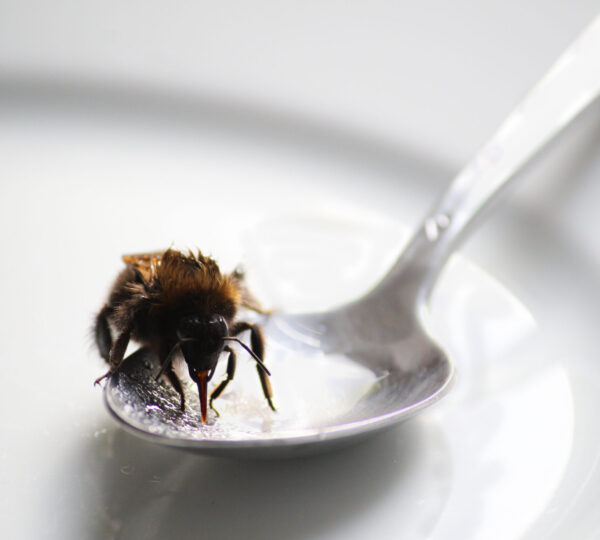
From Fear to Respect: My Journey with Bees
Phobias are everywhere—some familiar, some baffling. Most of us can relate to a fear of heights (acrophobia), snakes (ophidiophobia), or spiders (arachnophobia). But then there are rarer, stranger fears that leave others scratching their heads. Mine? Bees.
Not just bees, though—I panic at anything that buzzes with the potential to sting: wasps, hornets, you name it. But bees, for some reason, trigger the most intense reaction. Why, exactly? I wish I knew. Maybe if I did, I could conquer it.
Childhood Terror
As a kid, my fear was extreme—borderline irrational. I can hardly admit this now, but I would have snapped my fingers to make bees vanish from the Earth. To my young mind, they were terrifying little predators, out to sting me at every opportunity.
But growing up brings perspective. I learned that eradicating bees wouldn’t just be wrong—it would be catastrophic. Those tiny creatures are far more important than I ever realized.

Bees: Tiny Creatures, Massive Impact
Bees are essential architects of our world. Their tireless work as pollinators ensures that countless plants—and the crops we rely on for food—can grow and reproduce. According to the United Nations Environment Programme, 71 of the 100 crop species that supply about 90% of the world’s food depend on bees for pollination. That’s not just important—it’s staggering.
Armed with this knowledge, my fear didn’t disappear, but it softened. Today, if a bee lands near me during a summer picnic, I’ll still jump back and flail my arms in panic. But I now recognize them as allies, not enemies—tiny heroes keeping our planet alive.
The Threat Bees Face
Sadly, these heroes are in danger. Nearly 40% of bee species are now at risk of extinction, according to the Center for Biological Diversity. Habitat loss, pesticides, climate change, disease, and a dwindling supply of flowers are all contributing factors.
If bee populations continue to decline, the ripple effects could be catastrophic—impacting global food security, biodiversity, and ecosystems. Without bees, countless plants would fail to reproduce, setting off a chain reaction that affects life itself… including ours.
Simple Ways You Can Help Bees
The good news? You don’t need a degree in environmental science to make a difference. Even small acts can have a huge impact.
Take a page from naturalist Sir David Attenborough: if you find a bee lying weak or exhausted, offer a spoonful of sugary water (two tablespoons sugar mixed with one tablespoon water). That tiny boost of energy might be all the bee needs to fly back to its hive and continue pollinating.
Creating a Bee-Friendly Haven
You can do even more by creating a welcoming space for bees. No garden? No problem—flowerpots on a balcony work. Plant native wildflowers, herbs, or seasonal blooms that provide nectar and pollen. Avoid pesticides and herbicides, and leave a small area to grow wild. Consider building a “bee hotel” with hollow stems or drilled wood to offer shelter for solitary bees.
A New Perspective
I still jump when a bee buzzes too close. But now, I also feel respect. I see bees not as pests, but as vital threads in the web of life—a web that includes me. Their survival is our survival. And if saving them can be as simple as putting out a spoonful of sugar or planting a few flowers, then it’s something worth doing.
Next time you see someone carefully setting out sugary water for bees, join them. Make it a habit. Small acts, multiplied by millions, can create monumental change.


